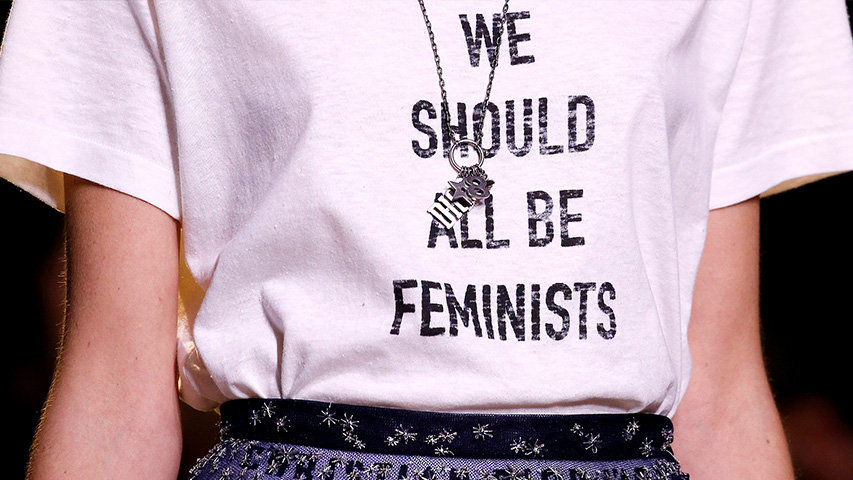
Society’s Gendered Double Standards for One’s Vulnerability
by Yash Saboo May 29 2018, 5:53 pm Estimated Reading Time: 3 mins, 17 secsThere was a time when men were dismissed as an ‘emotion-less’ gender. Because of the way boys are socialized, their ability to deal with emotions has been systematically undermined. Back then men were taught, point-by-point, ‘not to feel’, ‘not to cry’, and ‘not to find words to express themselves’. There was also a time when men converted stereotypically feminine feelings, such as sadness or vulnerability, into feelings of anger or pride—feelings more socially acceptable for them to experience.
This might have changed now but it surely has taken an ugly turn if you see from the women's point of view. While men these days are told to express freely and are applauded when they do so; but women on the other hand, when they do the same thing are told they are ‘oversharing’. Women's authenticity is replaced with vulnerability.

Source : Study Breaks Magazine
And this applies not only to emotions but also body shapes. The phrase ‘dad bod’ grew popular on the internet over the years. The most complete definition of the phrase, according to its creator would be, ‘the dad bod is a nice balance between a beer gut and working out’. The dad bod says, “I go to the gym occasionally, but I also drink heavily on the weekends and enjoy eating eight slices of pizza at a time”. It's not an overweight guy, but it isn't one with washboard abs, either. The word was initially mentioned in a post on The Odyssey titled ‘Why Girls Love the Dad Bod’.
A similar term for women of a body with rounded tummies or silver stretch marks would be called the ‘mum bod’ but no men are swooning over this. Yet, women with a mixture of affection and arousal proclaim they specifically love a ‘dad bod’, that in fact, they favour it over any other type of bod if given the option.
In an interview with the Associated Press, actor Ben Affleck described directing his own sex scenes and the resulting imagery is … not great. “I just try to make myself look as good as possible. I just think, ‘What’s the most flattering sexual aspect of me?’ and I try to put that in the movie,” he said. Fair enough — sex scenes are hard to direct. But the direction wasn’t the issue: Affleck was unimpressed by his own performance. He confessed: “I had to cut it out, it was that depressing. I looked like a sick polar bear.” And still — somehow — the AP’s reporter labelled him an optimist.
Now imagine a woman saying something similar. What would the reporter call her? Surely not optimistic!
"I am up for lifting the oppressive masculinity that means men can’t express their emotions. But I struggle to make peace with a culture where men who cry or laugh at themselves are applauded and loved, and women who do the same are big, sloppy, pitiful, embarrassing messes," writes Dolly Alderton in an article published on the same topic in NewStatesman.
"Vulnerability is a key for presenting who we are and understanding those around us. But – at risk of sounding a bit like a retired cricket umpire – I think we also need to balance that with keeping a lid on things, if only to retain some order and to get stuff done. My plea isn’t for vulnerability and emotion and honesty to spill out of everyone all the time – bleurgh, no. It’s just that softening up a bit looks really quite nice when I watch these men do it with ease and to such a warm reception. So instead I ask only this: can we have a go too, please?" she asks.




-173X130.jpg)




-173X130.jpg)
-173X130.jpg)
-173X130.jpg)